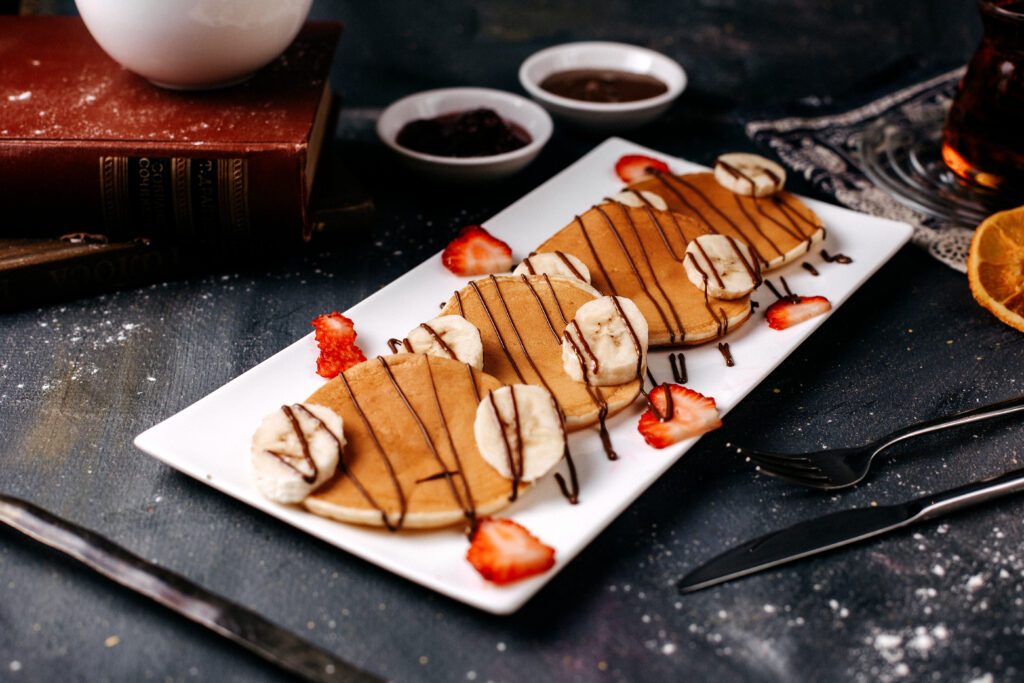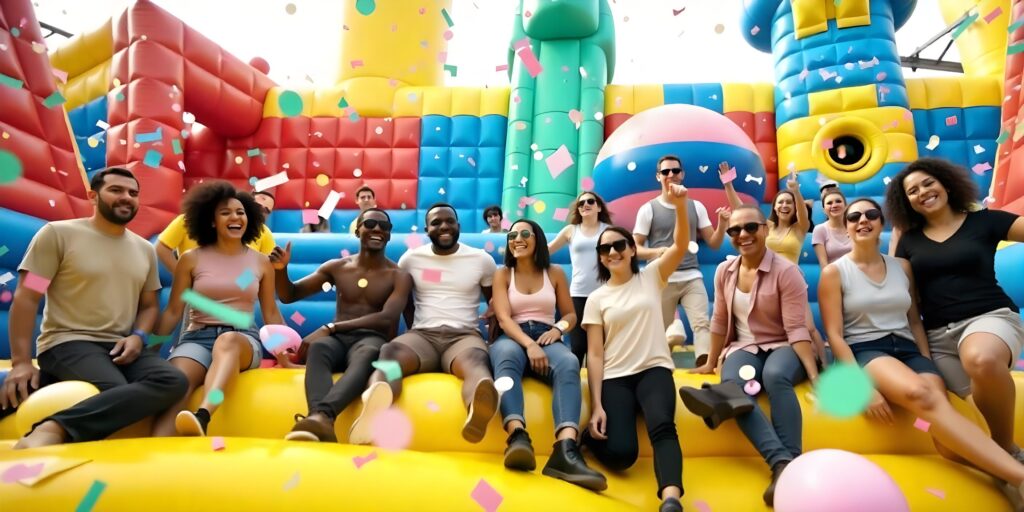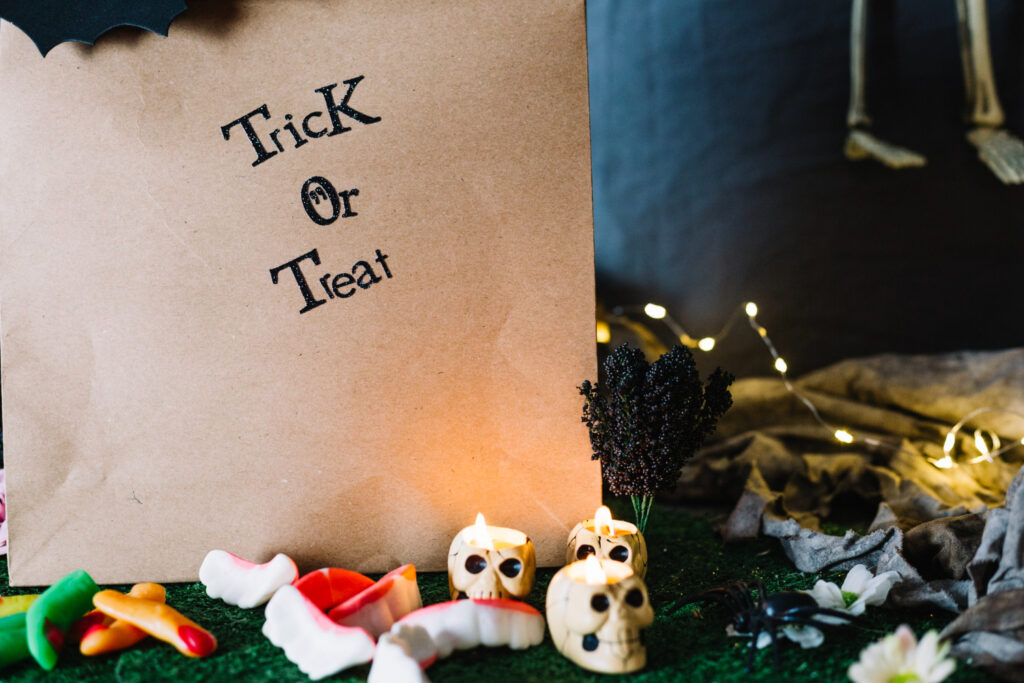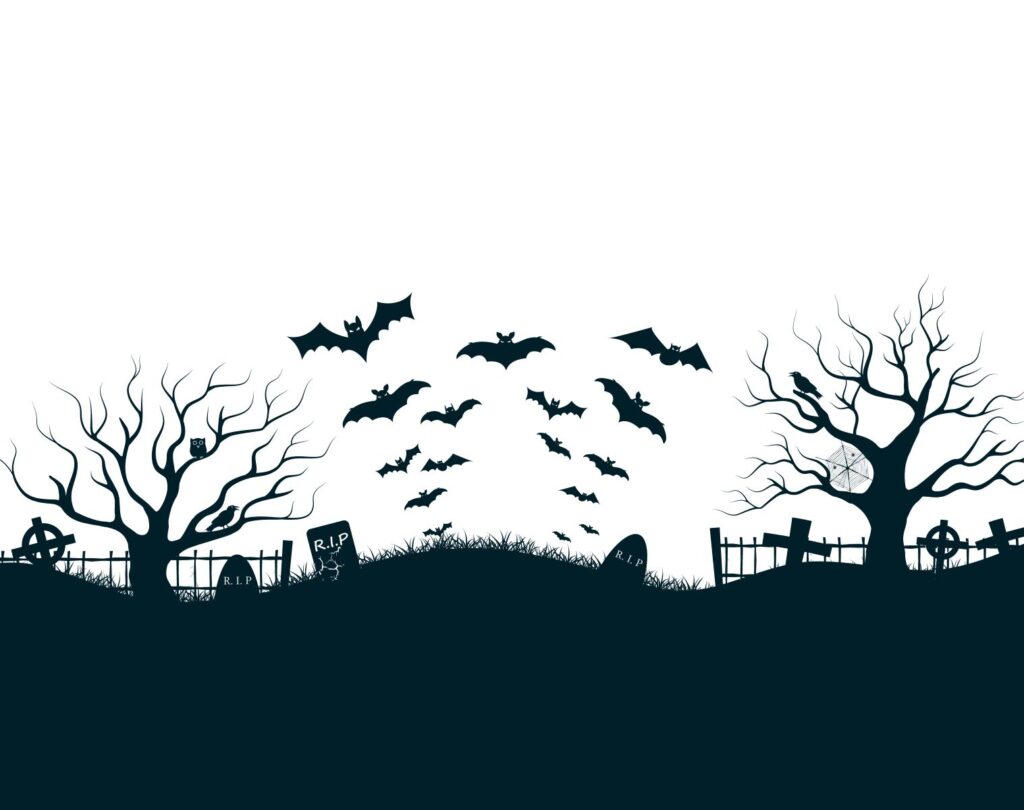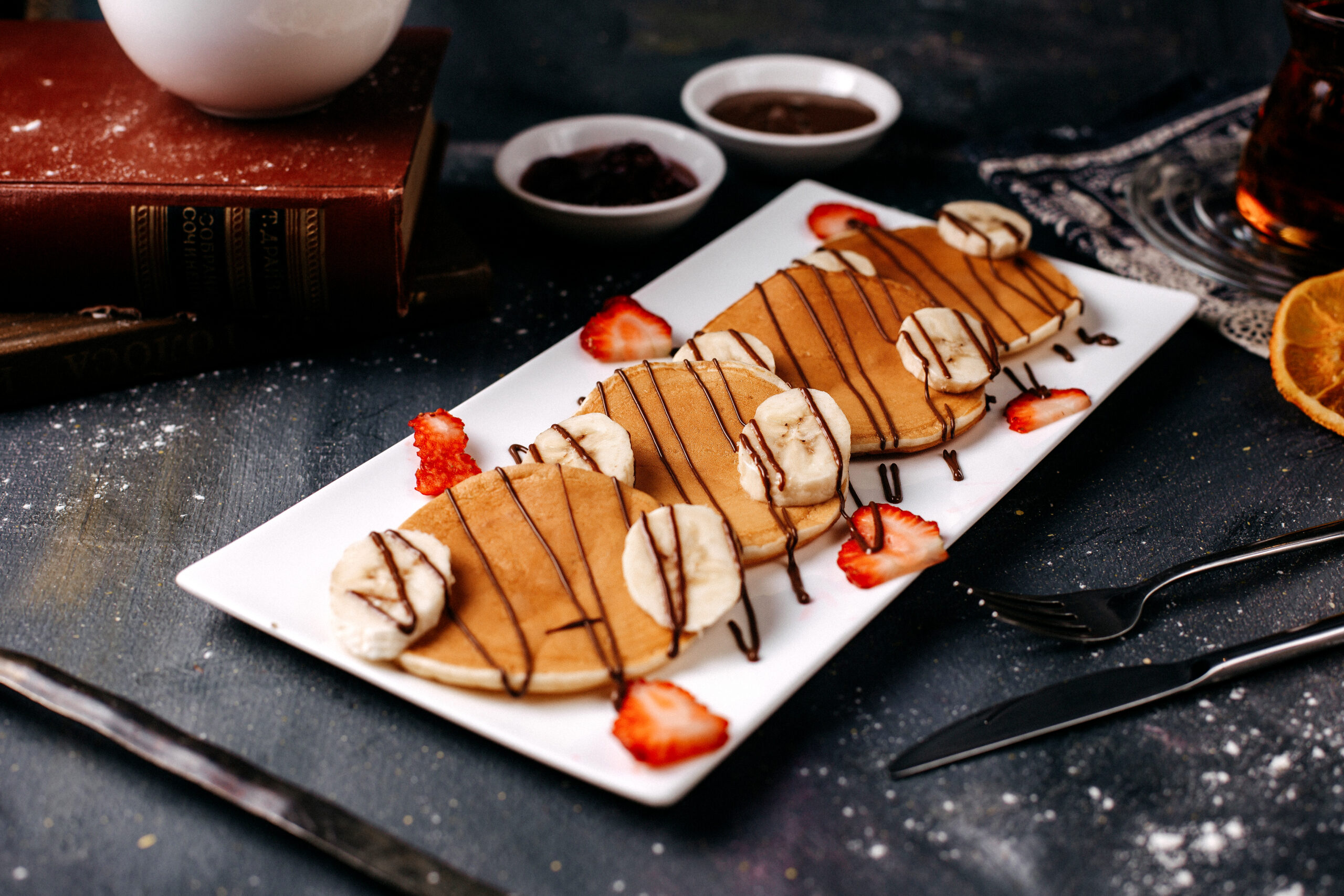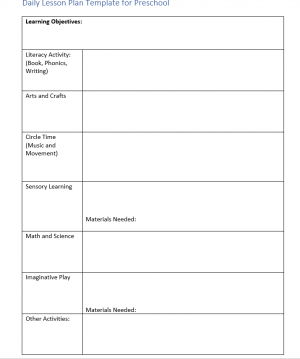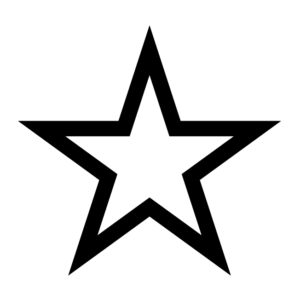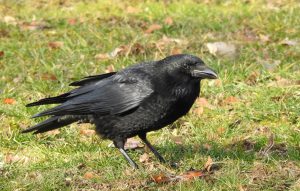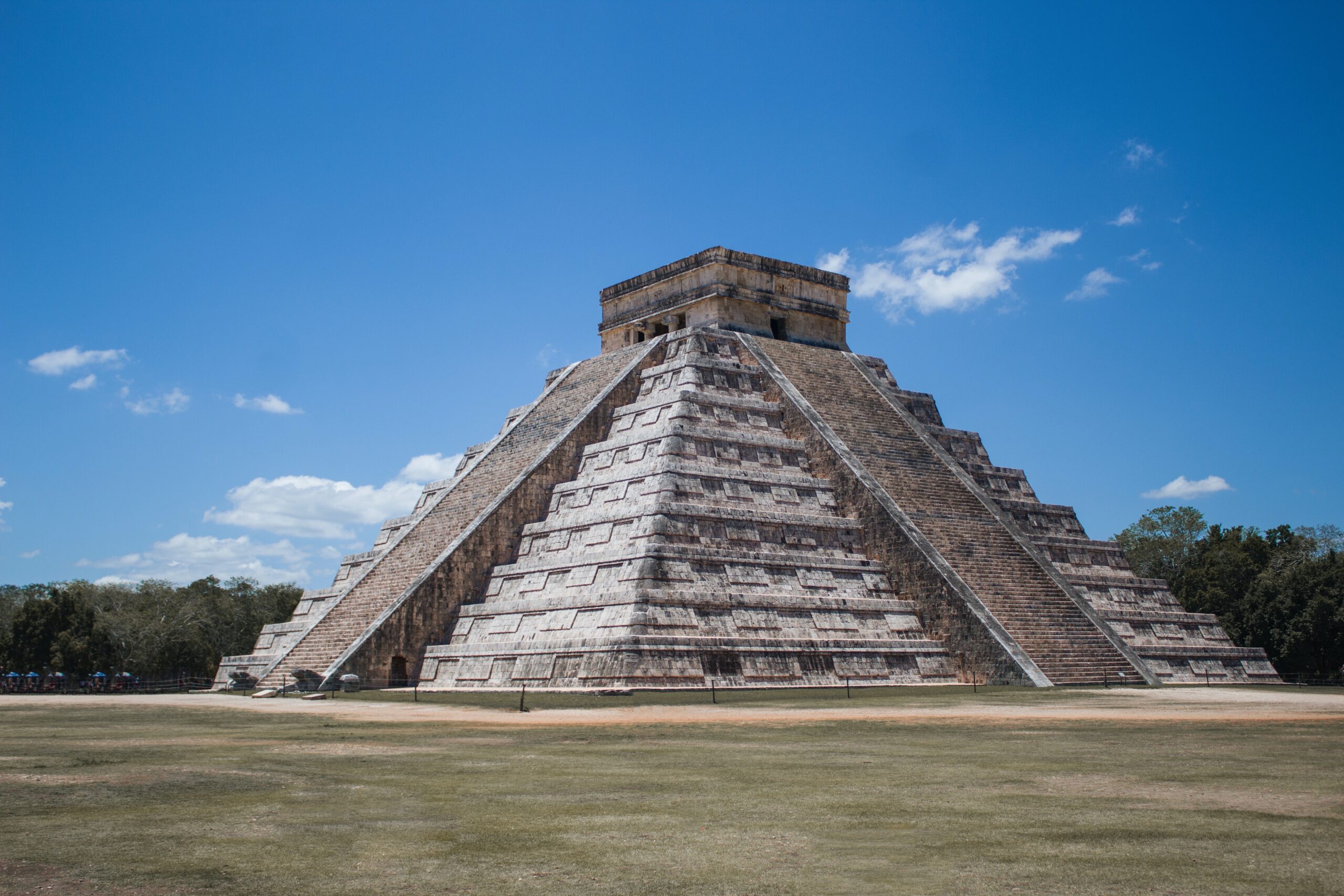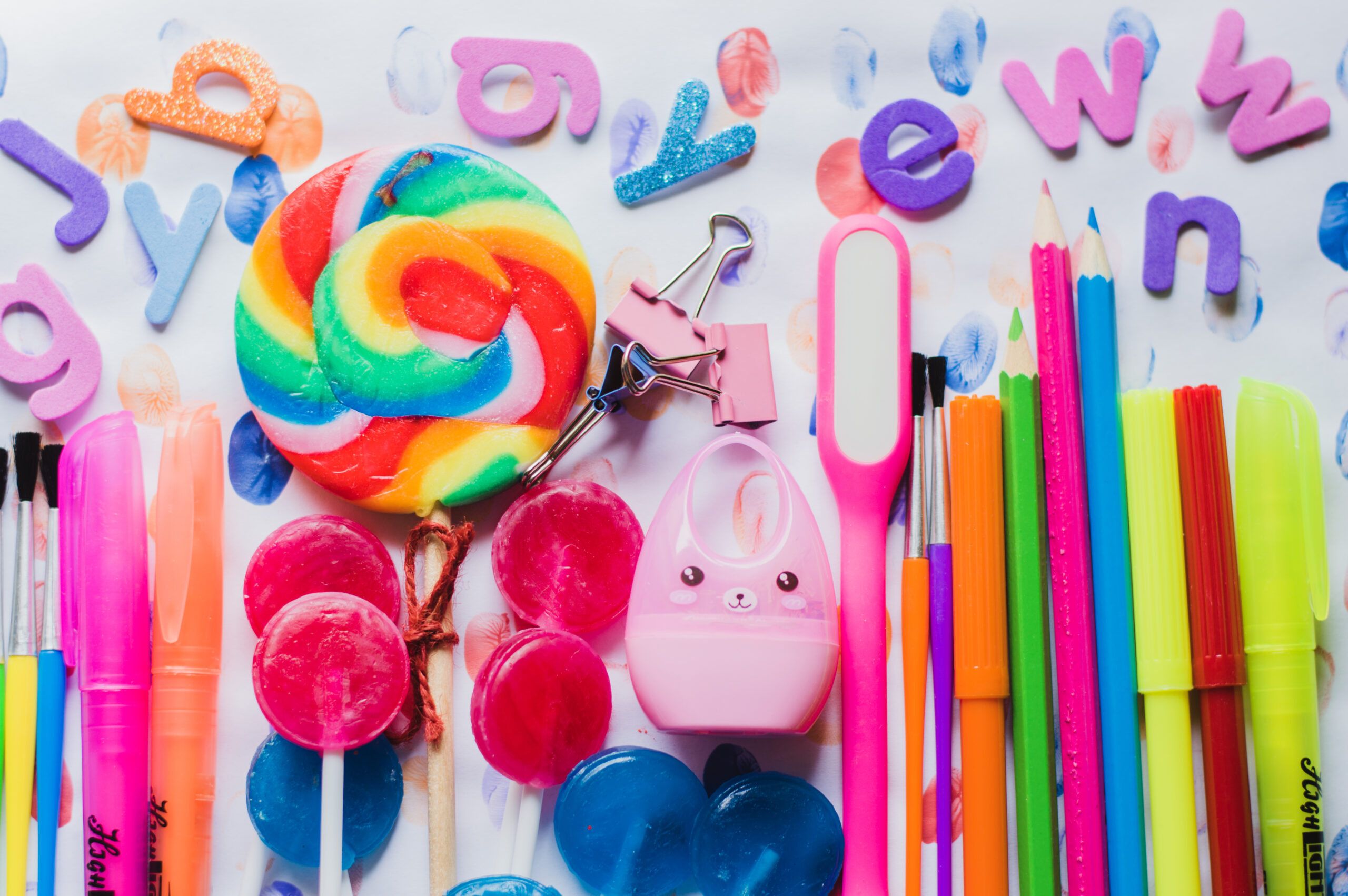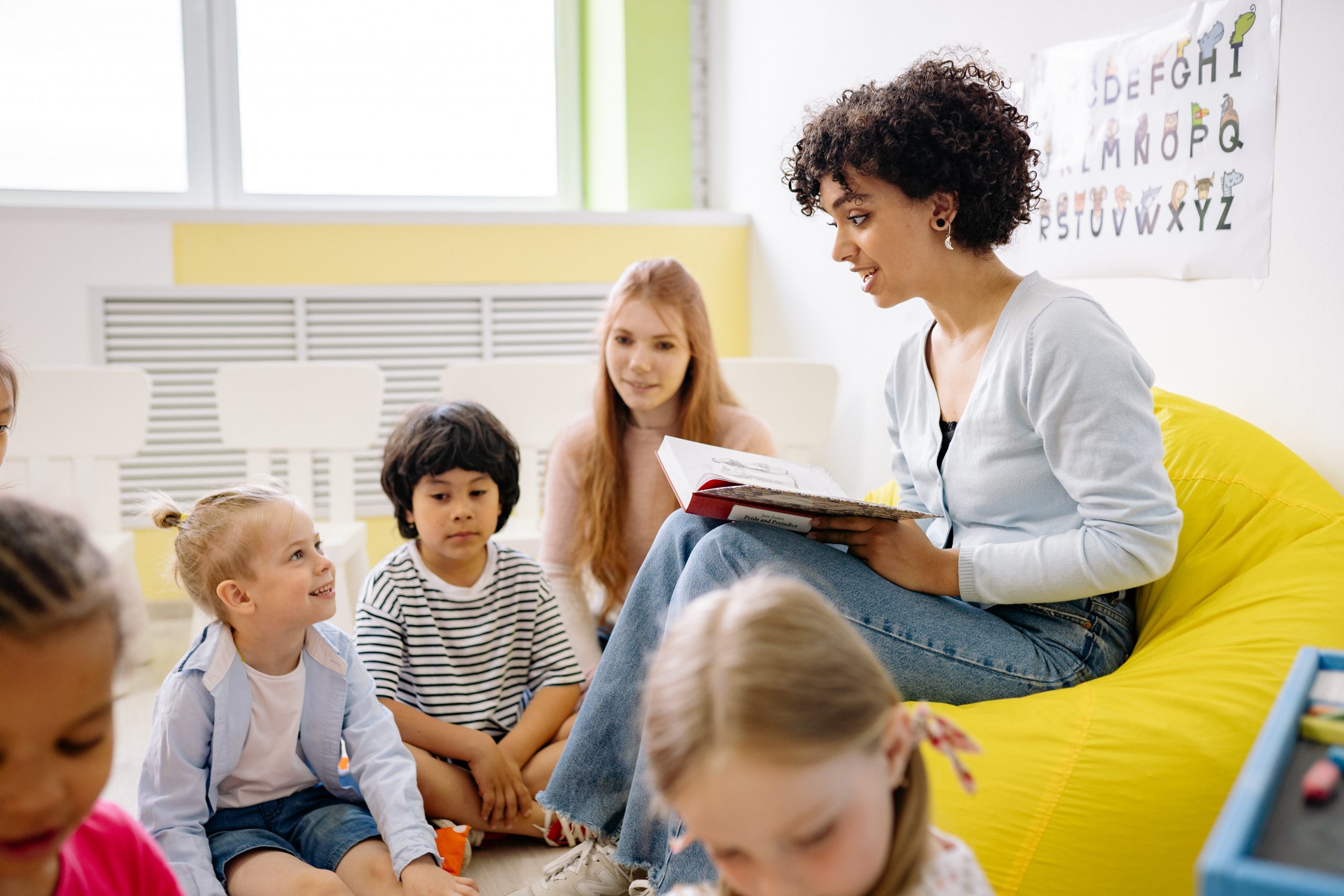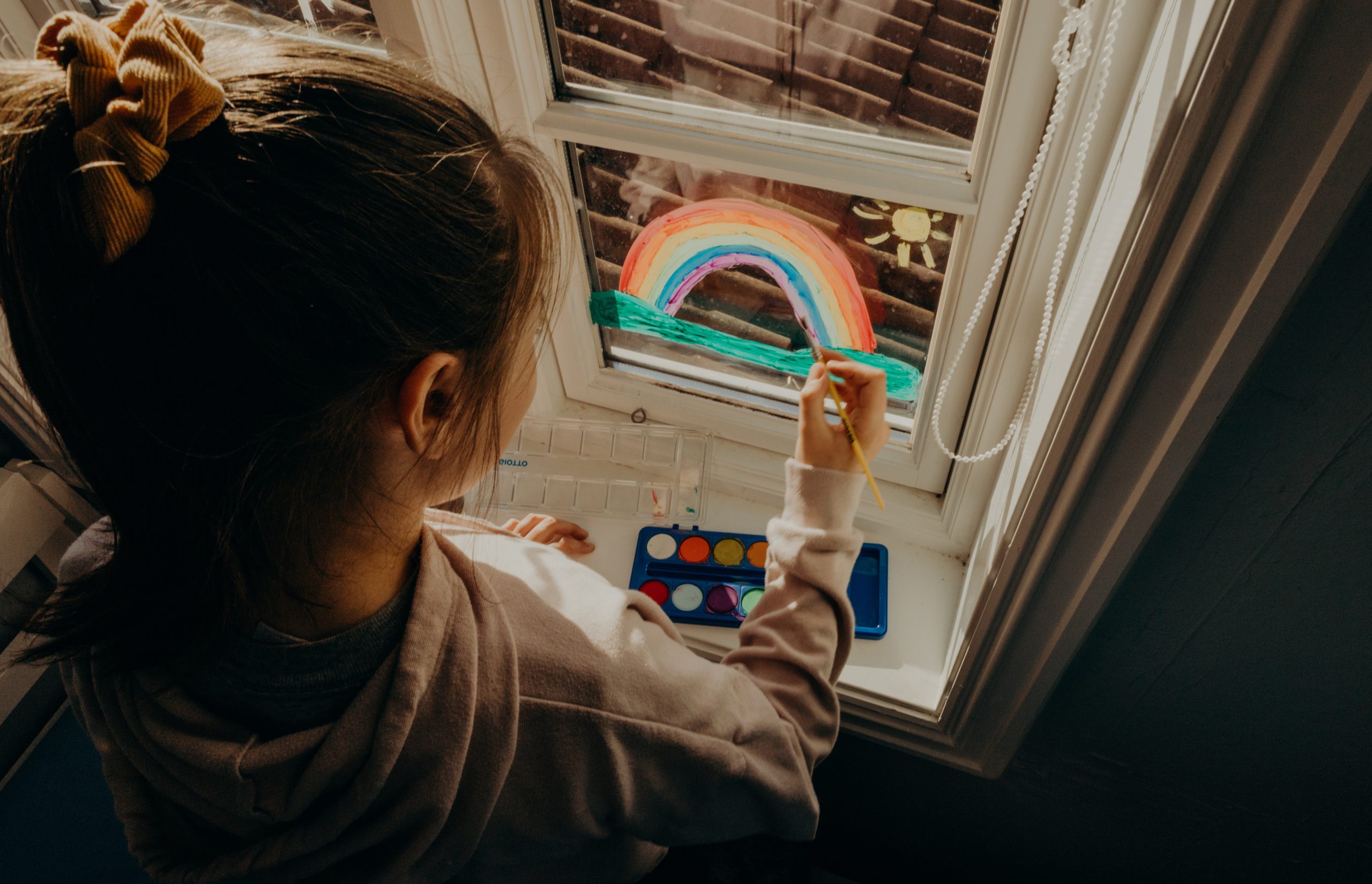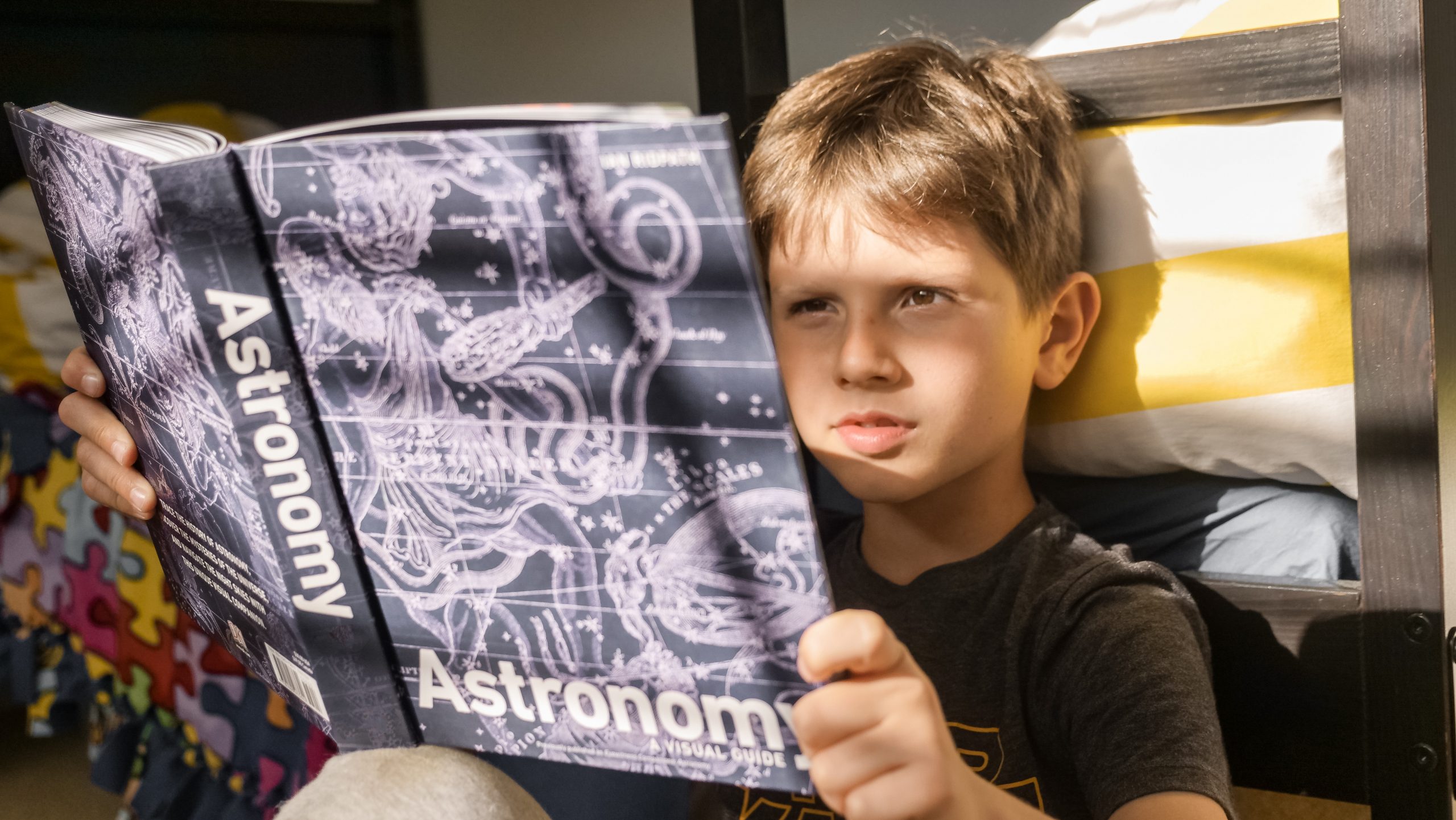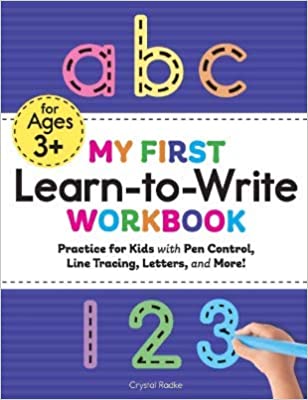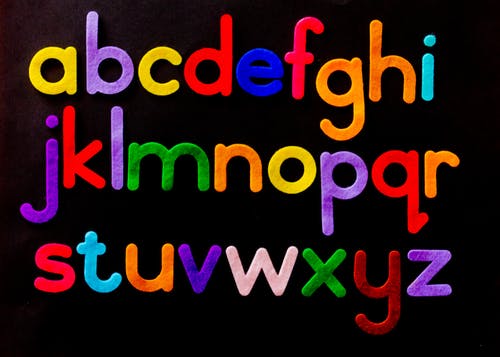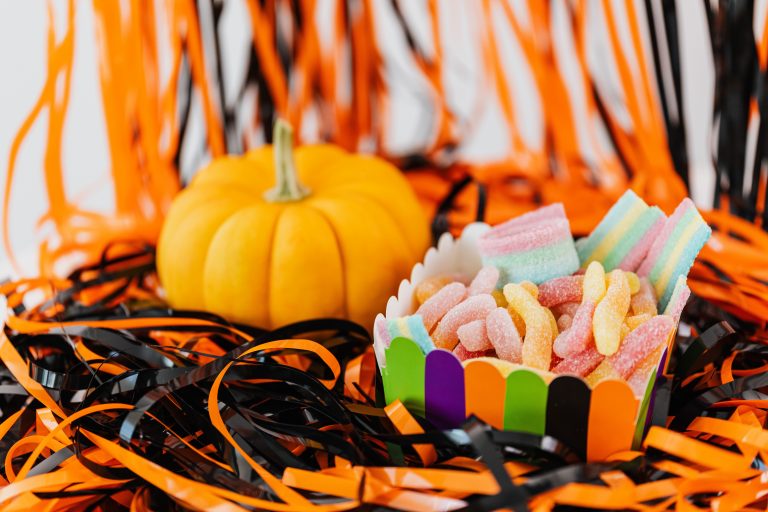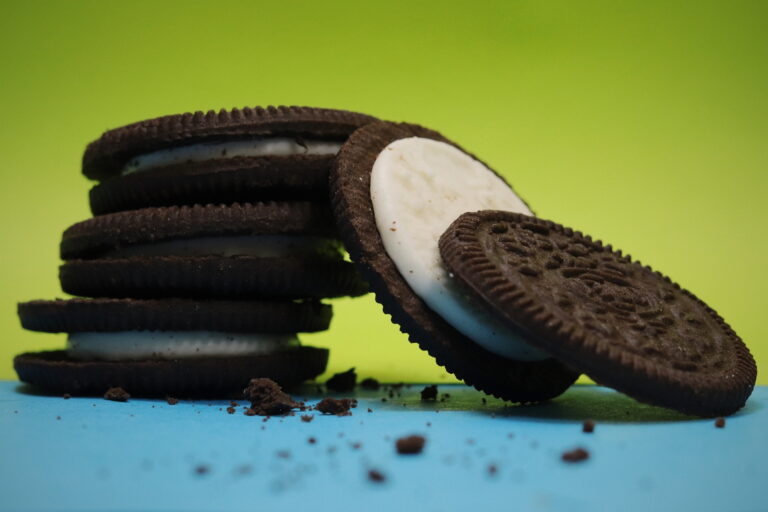Preschool Lesson Plan Template
Many people do not realize the incredible amount of work that goes into planning a week of lesson material in the preschool classroom. There is a lot of different information that must be considered. All of the lessons should ideally be interconnected throughout the week and should also be tied to learning objectives.
Each and every day in your preschool classroom should be focused around promoting the essential skills that are developmentally appropriate for the age of the preschool class that you teach. In this article, we are going to explore each of the structured/planned activities that you should write out for each day of the week in your classroom. You will also find a daily template for lesson plan writing for the preschool classroom.
Literacy Activity
A literacy activity is any activity that promotes literacy (reading/writing/language development) that is age-appropriate for the child. Usually, this activity should include reading a book, phonics activities, writing practice, letter recognition, etc.) Throughout the week, your literacy activities should be varied, if you read a book for your structured activity on Monday, you may want to do a phonics activity on Tuesday.
Art/Craft
Arts and crafts are an important part of the day for the preschool-aged child. This time is an excellent opportunity to reinforce many of the skills that are being covered in other parts of the preschooler’s day. For example, if your class is working on letter recognition for the letter “B,” then you may make a bear craft for the day.
On the other hand, if your class is singing a song during circle time, you may create maracas to bring to circle time during arts and crafts. Along the way, students also work on cutting, fine motor skills, language development, and even the ability to color or recognize colors and shapes.
Preschool Lesson Plan Template Download Planning is the most important part of the day for the preschool teacher. A solid plan makes the difference between a successful lesson and a flop.
Circle Time
Circle time is a great time to bring in music and movement into the classroom. Preschool children respond really well to songs and even enjoy songs that have choreographed moves to go along with the words in the song.
You might also teach other types of skills during circle time. Perhaps you do a little bit of yoga during circle time. Or maybe you read a book about all the different parts of your body and then practice touching them: head, shoulders, ears, eyes etc.
Sensory Learning
Sensory learning is extremely important in the preschool classroom. Many preschool aged children learn more during sensory play than they do during structured lessons where a teacher is actively teaching. Many preschool teachers keep sensory bins prepared and ready to go in their classroom, but these can also be customized to fit the context of the other things you are working on in your classroom.
Math & Science
While math and science are not the exact same thing, their subjects sometimes overlap. While you may not have a science activity every single day, more than likely you will have a math activity planned for every single day. This could be simple such as counting bears or even adding and subtracting with snack time.
However, you may choose to get even more intricate and tie your math activity back to your literacy activity. For example, if your class reads “The Very Hungry Caterpillar,” then perhaps your class could count all of the food the caterpillar eats in the book during math class. The more your subjects interact, the more engaged young students will be. Research shows that when the subjects are intertwined students more easily retain information.
Imaginative Play
Imaginative play should not be confused with free play. Both are important and both have their place in the preschool classroom. Imaginative play is a structured activity that is pre-planned with a purpose by the teacher. For example, you may have students play in the kitchen when reading a book about food.
The imaginative play time during class can be used to reinforce the concepts that have been introduced during other times of the day.
Other Activities
Of course, these activities are only the structured parts of the day that you have planned as their teacher. Your students will likely also participate in many other activities. This should include outside play, free play, you might read more books to them. You can also have pre-made activities ready to pull out in downtime.

